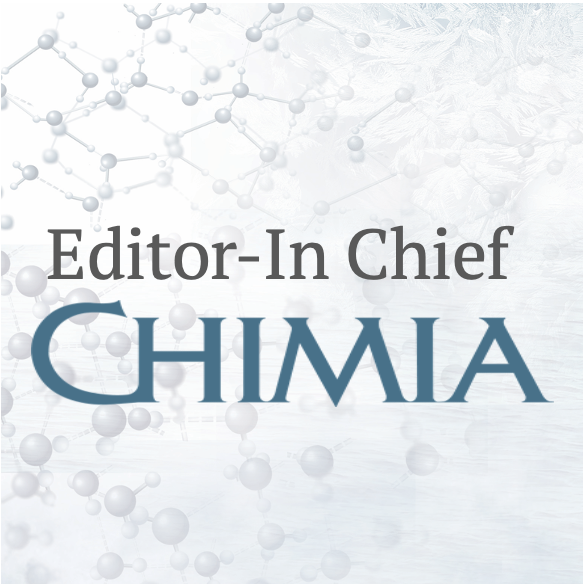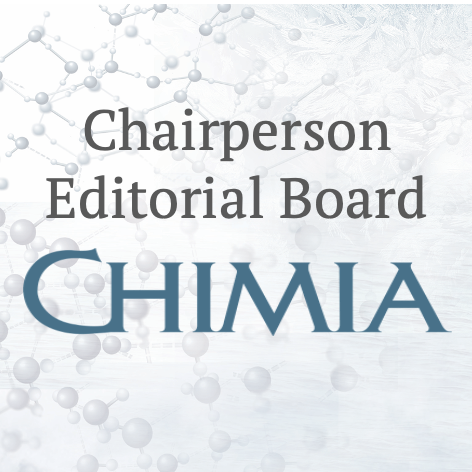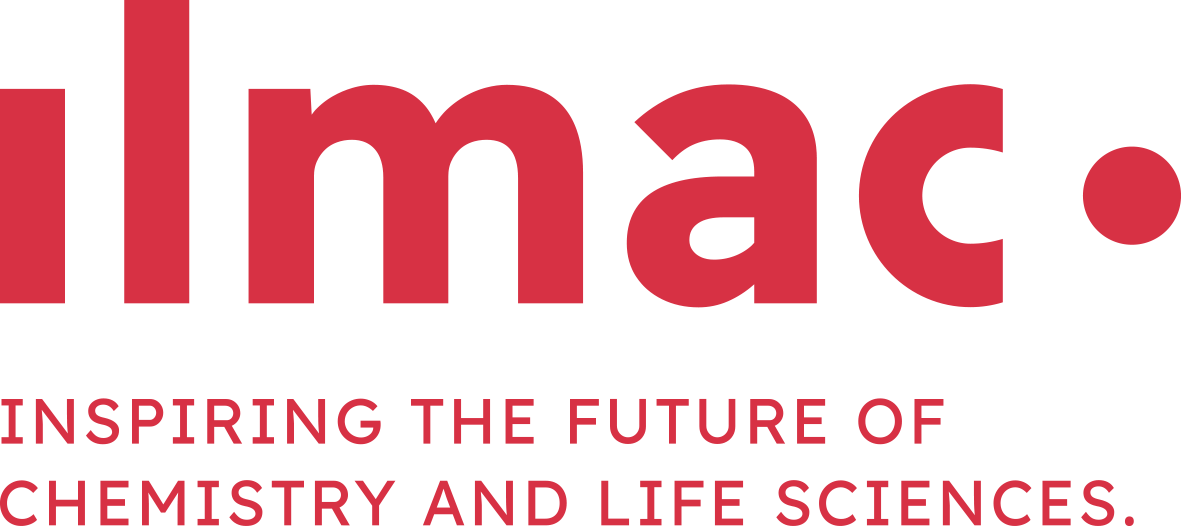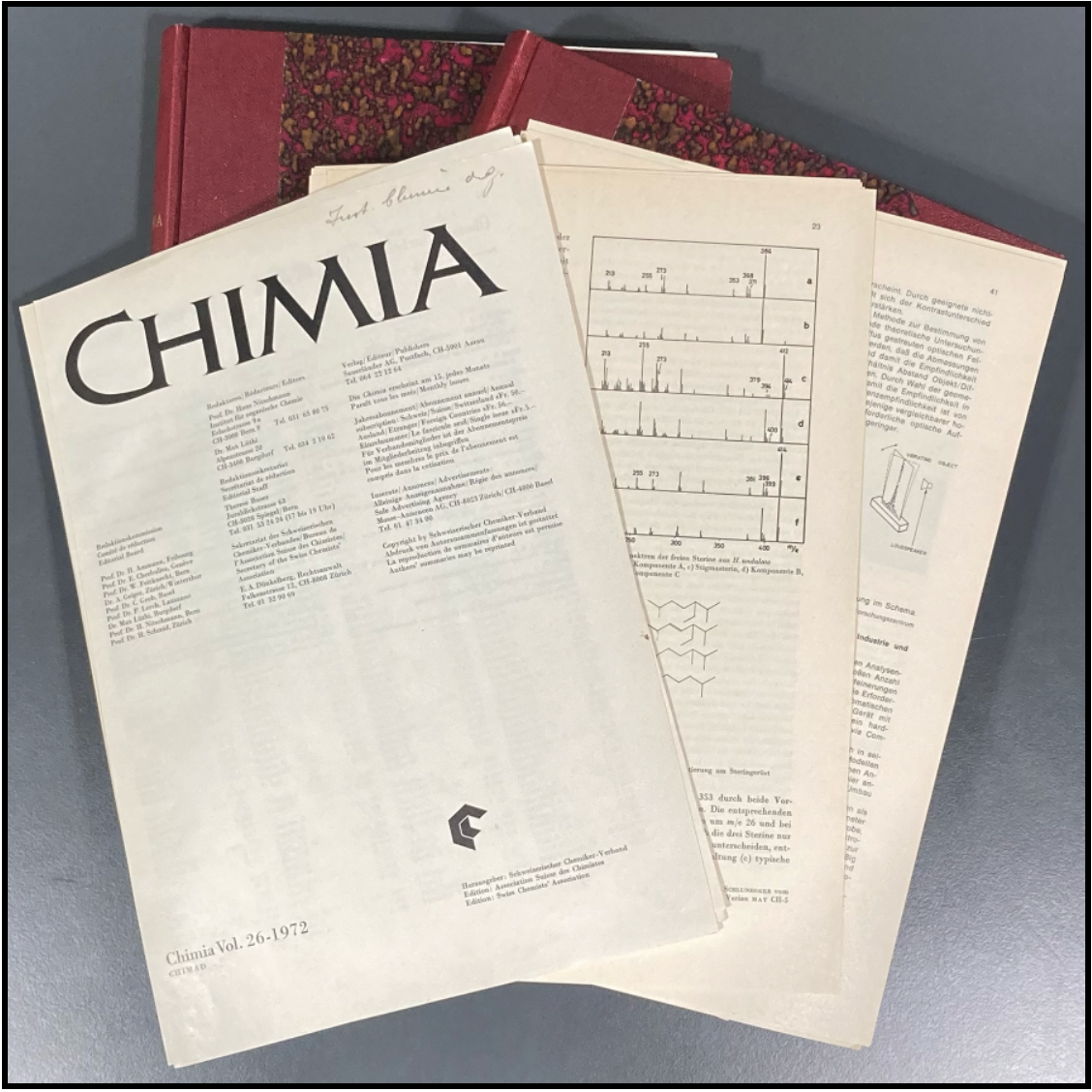
Open SCS Mandate as of 2026: Chair of the CHIMIA Editorial Board

The CHIMIA Editorial Board is looking for a new Chairperson of the Editorial Board to replace Dr. Gillian Harvey from the beginning of 2026.
The Chairperson of the CHIMIA Editorial Board has a range of administrative duties and is involved in the strategic development of the journal. The administrative duties include running the Editorial Board meetings (3 p.a.), preparing the editorial programme for each issue, checking invoices from external service providers and supporting the technical editor.
The Chairperson is an ex officio member of the SCS Board of Directors and Executive Board where he/she represents the interests of CHIMIA and is also involved in all other Board business.
In addition, the Chairperson is involved in the strategic development of CHIMIA, most importantly collaboration with other diamond open access journals in Switzerland to ensure recognition of this publishing format and to secure sustainability and funding. This includes active participation in the newly formed association Diamond+ that was formed to fulfil these aims.
This role would suit someone from the Swiss chemistry community who is interested in open access publishing and supporting the activities of the Swiss Chemical Society. The role takes an estimated 1 day per month.
See https://www.chimia.ch/chimia/announcement/view/2 for more details or contact Gillian Harvey () or David Spichiger ().
Gillian Harvey, CHIMIA and David Spichiger, SCS
04.05.2025

Complete archive of CHIMIA volumes from 1947 to present day now available online
Thanks to a generous grant from the SCNAT Platform Chemistry and the hard work of Martin Brändle, David Spichiger and Raphael Witwer, the complete archive of CHIMIA from 1947 to the present day has been digitalized and is now available on CHIMIA.ch (https://www.chimia.ch/chimia/issue/archive). The archive is open access and use of the search function will help you to locate subjects of interest and articles from well-known Swiss authors.
Take a look!
Gillian Harvey, CHIMIA and David Spichiger, SCS
04.05.2025
Tragen Sie zur Förderung des wissenschaftlichen Nachwuchses bei! Treten Sie den über 200 Expert:innen in unserer Datenbank bei!
Worum geht es?
Die Kommission für Nachwuchsförderung der SCNAT stellt ihr Verzeichnis von wissenschaftlichen Fachkräften Lehrpersonen, Gymnasiast:innen und Schulbuchverlagen zur Verfügung, um die Naturwissenschaften bei jungen Menschen zu fördern. Wir suchen nun wieder Wissenschaftler:innen, um das Angebot zu erweitern.
Wie funktioniert es?
Studierende, Lehrkräfte und Verlage können Sie anhand der Informationen, die Sie uns zur Verfügung stellen, kontaktieren. Wir bitten Sie, Ihr Fachgebiet sowie Beispiele für Themen zu denen Sie Auskunft geben können (z. B. im Falle von Besuchen oder Exkursionen mit Klassen) oder Themenvorschläge für Maturaarbeiten anzugeben. Wir suchen auch Expert:innen, die in Bereichen tätig sind, die in irgendeiner Form mit der nachhaltigen Entwicklung in Verbindung stehen.
Was bedeutet: Betreuung von Maturaarbeiten (MA)?
Die Betreuung von Maturaarbeiten ist das Herzstück unserer Datenbank. Jedes Jahr werden mehr als 30 MA betreut. Die Spannweite der Betreuung ist sehr breit: Dies kann bedeuten, dass Sie Maturand:innen bei der Wahl ihres Themas beraten oder ihnen eine Infrastruktur zur Verfügung zu stellen, um ihre Fragestellung zu beantworten.
Wer kann sich eintragen?
Wir freuen uns auf Ihre Anmeldung, wenn Sie derzeit in einem wissenschaftlichen Bereich tätig sind (Forschung, Produktion, Analyse usw.). Sie lieben es, Ihre Leidenschaft weiterzugeben und verfügen über die notwendigen Ressourcen (Zeit für Besuche oder Vorträge, Infrastruktur für (mindestens) 4 halbe Tage Praxis während einer MA). Es handelt sich grundsätzlich um ein ehrenamtliches Engagement. Bei Kooperationen mit Verlagen ist die SCNAT finanziell nicht beteiligt. Die Expert:innen legen ihre Honorare als Dienstleister:innen selbst fest.
Vielen Dank für Ihr Engagement!
Klicken Sie hier, um sich anzumelden: https://mint.scnat.ch/de/registration
Mehr Infos unter: https://mint.scnat.ch/de/withscientists
Für alle Fragen oder Anmerkungen können Sie Caroline unter folgender Adresse kontaktieren: .
Mit freundlichen Grüssen,
Anne Jacob
P.S. Wenn Sie bereits in unserer Datenbank eingetragen sind und Ihre Daten aktualisieren möchten, füllen Sie einfach erneut das Anmeldeformular aus oder senden Sie Ihre Änderungen an .
EuChemS+ Magazine: April 2025, Vol. 3, Issue 2
Policy, research and community perspectives on chemistry in Europe and beyond
Explore our monthly compilation of science-related policy developments in Europe and the latest EuChemS news in this newsletter. Check out our headline stories or read the magazine
Read EuChemS+ Online
Editorial
The President's Column
Policy News
- EuChemS at the 7th Zero Pollution Stakeholder Conference
- The EU’s Clean Industrial Deal and Chemicals Reform: A new era of sustainability and competitiveness
- EU moves forward on critical raw materials with 47 strategic projects
Perspectives
- EuChemS opens the 4th Employment Survey for European Chemists
- EuChemS at ACS Spring 2025 in San Diego
- EuChemS stands with ALLEA in defending academic freedom and global research cooperation
Read the full magazine on: https://www.magazine.euchems.eu/
Céline Wittwer, SCS
15.04.2025

Ilmac Basel 2025: Ilmac celebrates its 66th year with a bold new format, world-class speakers, and a major anniversary party
 Basel, March 2025
Basel, March 2025
From 16 to 18 September, Ilmac Basel will once again unite the chemical and life sciences community at one of the world’s premier innovation hubs. Over 400 exhibitors from more than 20 countries will showcase their latest products and solutions, while a dynamic program of established and new formats fosters idea exchange and high-impact networking. A standout highlight: the Ilmac party celebrating the event’s 66th anniversary. As one of the industry’s leading events, Ilmac attracts over 12,000 professionals from across the chemical and life sciences sectors. The trade fair offers a platform for both global players – including Metrohm, Mettler Toledo, Bruker, Hamilton, Endress+Hauser, Siemens and Agilent – and next generation innovators in the thriving startup space. A diverse supporting program spans four themed stages, designed to spark dialogue, collaboration, and meaningful connections.
A global hub for life sciences – and Ilmac’s home base
Basel stands among the world’s foremost centers for chemical and life sciences – a powerhouse of pharmaceutical innovation where two-thirds of the entire pharma value chain is generated. This makes the region one of the most productive life sciences ecosystems worldwide. Ilmac plays a vital role in this success story: what began in 1959 as a Swiss trade fair for laboratory, measurement and automation technology has evolved into an international platform spanning the entire value chain. Today, Ilmac unites experts and innovators from across the globe, amplifying both regional and international value creation. “This year's Ilmac reflects the evolution – from a national trade fair into a global platform with renowned speakers and exclusive networking opportunities,” explains Céline Futterknecht, Exhibition Director of Ilmac.
Expanded formats, new experiences
The 2025 edition introduces several new highlights alongside Ilmac’s most popular formats. The Startup-Area returns in an expanded version, now joined by the Job Connect exhibition zone – a dedicated space for companies to promote career opportunities and connect with skilled professionals.
Two new networking concepts will debut this year: the Future Talks Corner in the Future of Life Sciences area, and the Coffee Talks Corner within the Pharma Logistics Days exhibition. Back for its fourth edition, Pharma Logistics Days continues to offer deep industry insights into pharmaceutical logistics. Another standout initiative is Women in Life Sciences - featuring an exclusive program and a celebratory cocktail reception to spotlight the contributions of women across the sector.
And of course, the big celebration: Ilmac’s 66th anniversary party, hosted in the vibrant "Bamboo Nest" adjacent to the entrance hall. A perfect setting for informal networking and strengthening community connections.
Ilmac Conference: three days of cutting-edge insights
This year's Ilmac Conference returns to Basel with world-class speakers from research, development, and industry – tackling the most urgent topics shaping the future of life sciences and chemistry. This year’s program spans three thematic focus days:
• 16 September - Artificial intelligence & Digital Methods
• 17 September - Sustainable Applications & Key Technologies
• 18 September - Biotechnology & Biomanufacturing: Sustainable Processes and Products
Curated in close collaboration with the Swiss Chemical Society (SCS), the conference reflects a shared commitment to innovation.“We have been supporting Ilmac as a partner for 66 years. Basel offers the ideal environment for innovation and collaboration,” says David Spichiger, Managing Director of the Swiss Chemical Society.
Future-focused content and hands-on innovation
The new Future of Life Sciences area offers an interactive deep dive into next-gen topics across life sciences, robotics, and artificial intelligence. Companies will demo their innovations live, inviting visitors to engage directly with emerging technologies shaping tomorrow. On the dedicated stage, a curated program of panels, presentations, and start-up pitches will explore future-defining themes such as AI, green biotechnology, and sustainability.
Stage topics by day:
• 16 September - AI in Drug Research & Manufacturing
• 17 September - Green Biotech & Sustainable R&D
• 18 September - Skills, Labs & the Future of Basel
Ilmac 365: connecting the community year-round
Ilmac 365 extends the reach of the live event into the digital space – supporting networking, discovery, and planning throughout the year. Visitors can use the platform to connect with exhibitors, schedule appointments, and pre-register for presentations and panels in advance. New features for 2025 include in-app ticket purchases and an integrated lead management system for exhibitors. “The Ilmac 365 app helps you stay organised on-site and get the most out of your time at Ilmac,” says Exhibition Director Céline Futterknecht. Explore the Ilmac Community Network at www.ilmac.ch.
Registration
Register for free as participant with the SCS opromo code: scs-ilmac25: Link to the Ticket Shop
Ilmac 2025 – Inspiring the Future of Chemistry and Life Sciences.
16 - 18 September 2025 from 9 a.m. to 5:00 p.m.
For details, please visit: www.ilmac.ch
Media Contacts
Anne Klipfel, Marketing & Communications Manager
Céline Futterknecht, Brand (Exhibition) Director
Céline Wittwer (SCS), Anne Klipfel (MCH)
11.4.2025
Page 3 of 299


